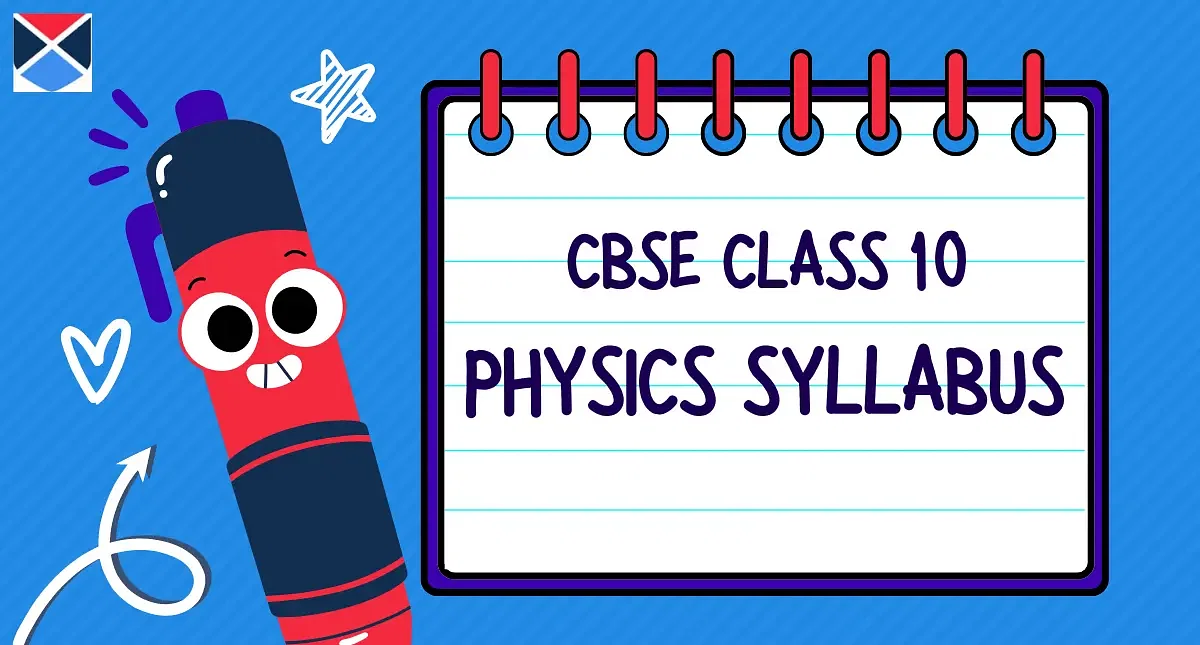CBSE Class 12 Biology Viva Questions with Answers 2023-24 PDF consists of important questions that are asked in that Biology practical viva, along with the answers. These questions must be revised well while preparing for the viva voce.
CBSE Class 12 Biology Viva Questions with Answers 2023-24 must be prepared by all the students appearing for the CBSE Biology practical examination in session 2023-24. The viva for CBSE 12th board exam will be conducted on the class record and the experiments conducted in the practical examination.
A total of 4 out of 30 marks is allotted to the viva voce along with the practical record, and 5 marks is allotted for the investigatory project and the viva voce conducted on the same. The students must thoroughly know the experiments and the concepts. The PDFs containing the important questions and answers can be found in this article.
CBSE Class 12 Biology Viva Questions with Answers 2023-24
The questions that are most commonly asked in the viva have been shared below. The students can refer to these while preparing for the viva voce of CBSE Biology practical examination.
Q1. What is an enzyme?
Ans: An enzyme is a substance which catalyses cell metabolism.
Q2. What is protein? How many kinds of proteins are there?
Ans: Protein is the fundamental component in the living cells. It is made up of hydrogen, carbon, nitrogen, oxygen, and chains of amino acids. Three types of proteins are there which include fibrous, membrane, and globular.
Q3. What is nucleic acid?
Ans: Nucleic acid is a biomolecule which is necessary for all the known forms of life.
Q4. What is a monosaccharide?
Ans: Glucose and fructose are monosaccharides.
Q5. Give a few examples of High Protein Foods?
Ans: Pumpkin seeds, Monkfish, Cod, Coconut, Eggs, Bananas.
Q6. Give the full form of DNA?
Ans: Deoxyribonucleic acid.
Q7. Why is meiosis known as reduction division?
Ans: Meiosis is also known as reduction division as following the first meiotic division the number of chromosomes in the cell becomes half.
Q8. What is the full form of RNA?
Ans: Ribonucleic acid.
Q9. Name 2 xerophytic plants.
Ans: Ephemeral Annuals and Succulent
Q10. What are Mendel’s laws of inheritance?
Ans: Mendel’s laws of inheritance include the law of segregation, law of dominance, and law of independent assortment.
Q11. What are the contrasting features that Mendel observed in a pea plant.
Ans: The contrasting features are the colour of the cotyledons, the form of seed, the form of pod, the colour of the seed coat, the length of the stem, the position of the flower, and the colour of the pod.
Q12. Who coined the term mitosis?
Ans: Walther Flemming
Q13. Name two plants and two animals living under aquatic conditions
Ans: Lilly and water hyacinth are aquatic plants. Seals and octopuses are aquatic animals.
Q14. Explain Meiosis.
Ans: Meiosis is a process in which a single cell divides two times to form four haploid daughter cells. Meiosis has 2 stages in all.
Q15. How does the hibiscus flower pollinate?
Ans: The pollen grains in Hibiscus germinates on stamen. It is then transferred from the stamen to the stigma pads of the pistil.
Q16. What is the shape of a pollen grain?
Ans: The shape of the pollen grain is mostly round, ovule, triangular, disc or in a bean-shape with a smooth to spiky texture.
Q17. Name 4 types of diseases.
Ans: Deficiency diseases, Infectious diseases, physiological diseases, hereditary diseases.
Q18. What are pollen grains?
Ans: They are small collections of microspores that aid in fertilisation and sexual reproduction in plants. It is attached to the anther of the male reproductive organ of the plant.
Q19. What is somatic cell division?
Ans: Somatic cell division is the type of cell division where the daughter cells produced are exactly similar to the parent cell. They have the same chromosomal number as the parent cell.
Q20. What are enzymes?
Ans: They are substances produced by a living organism which acts as a catalyst to bring about a specific biochemical reaction.
Q21. What is meant by mitosis?
Ans: It is a type of cell division that results in two daughter cells each having the same number and kind of chromosomes as the parent nucleus, typical of ordinary tissue growth.
Q22. What is the pH of soil?
Ans: The optimal pH range of the soil is between 5.5 to 7.0.
Q23. Which type of soil is most favourable for the growth of plants?
Ans: Loamy soil is best for plant growth as it has high water retention capacity thus it retains water for long and also retains the nutrients which are required for plant growth.
Q24. What is meant by soil texture?
Ans: Soil texture refers to the proportion of sand, silt and clay sized particles that make up the mineral fraction of the soil.
Q26. What is a flower's male part called?
Ans: Stamen
Q25. Define pollination.
Ans: Pollination is the act of transferring pollen grains from the male anther of a flower to the female stigma.
Q27. Pollen is contained in which part of the flower?
Ans: Anther
Q28. What produces the female gamete?
Ans: Ovule
Q29. What are the various kinds of soil?
Ans: Clay, Loamy, Sandy and Silt.
Also Check: CBSE Class 12th Biology Syllabus 2023-24
CBSE Class 12 Biology Viva Questions with Answers 2023-24: Marks Distribution
The distribution of marks for the Biology practical examination and viva voce questions have been shared below. The students must have a fair knowledge of the marks distribution to be able to devote time to the experiments accordingly.
|
Topic |
Marks Distribution |
|
Major Experiment |
5 |
|
Minor Experiment |
4 |
|
Preparation of Slides |
5 |
|
Spotting |
7 |
|
Practical Record and Viva-Voce |
4 |
|
Investigatory Project, Project Record, and Viva Voce |
5 |
|
Total Marks |
30 |
Also Check: CBSE Class 12 Previous Year Question Papers
CBSE Class 12 Biology Viva Questions with Answers 2023-24: Prescribed Books
The books that can be referred for CBSE class 12 Biology practical viva voce have been provided below. The students can get hold of these books to strengthen their preparation for the Biology viva.
- Practical Skills In Biology Class 12 Experiments, Projects, Viva Voce - CBSE - Examination 2023-2024
- Laboratory Manual Biology Class 12th [Experiments |Viva-Voce] - COMBO
- Biology Lab Manual Class 12 |Viva-voce Questions |Lab Experiments |Investigatory Projects| with latest Syllabus prescribed by CBSE - Blueprint Education
- CBSE Class 12 Biology Lab Manual with Viva Voice Question and Answer (Sahitya Bhawan)
- Laboratory Manual Biology CBSE Class-12 Experiments Projects Viva-voce (by Arihant)
Also Check: CBSE Class 12 Question Bank - All Subjects PDF Download
CBSE Class 12 Biology Viva Questions with Answers 2023-24: Preparation Tips
The students who will appear for the CBSE class 12 Biology practical examination can look at the preparation tips shared below for Biology practical viva voce 2023-24:
- Thorough knowledge of the subject
It is important to have a good knowledge of the subject entirely. Two experiments are to be conducted by the students in the examination hall. The questions will be based on these experiments. It is therefore crucial that the students know the topics on which the experiments are given.
- Summarising the projects
Questions in the viva voce are also asked based on the investigatory project. Questions on the methods used in the investigatory project, the handling of data, etc., are asked.Thus, the students must prepare themselves well for such questions while working on the project.
- Answering the questions concisely
It is better not to get into a detailed description while answering the questions in viva, unless asked. Keeping it concise and to the point is the key to score good in the viva.










